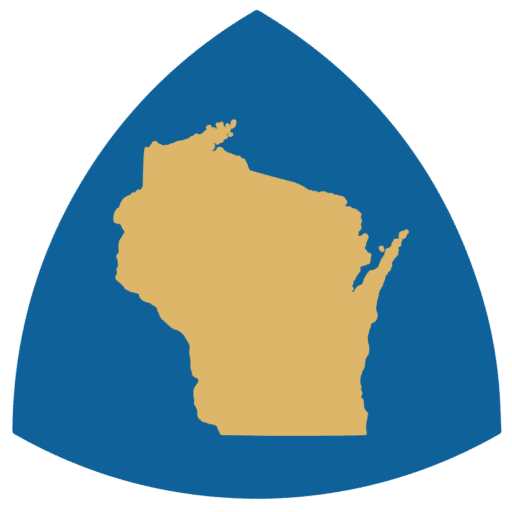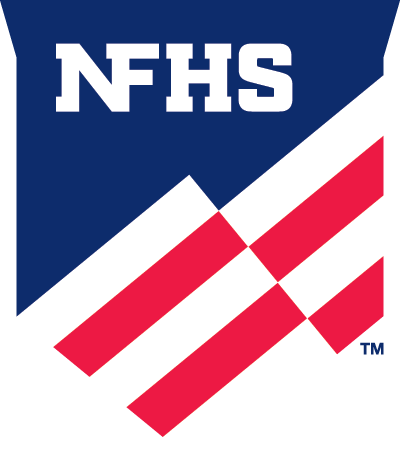
Programs
Theatre: Oct.-Nov.
Debate: Monthly
Speech: Jan.-Apr.
Film: Apr.-May
Learn more about our seasons >>
Debate
The debate season runs from mid-September through mid-December. The WISDAA is currently working to revitalize debate in Wisconsin, engaging schools from parts of the state that traditionally have not participated, using the accessible Congressional Debate and World Schools Debate formats. Debate is one of the best ways to teach critical thinking, research skills, and constructive approaches to conflict resolution. It also meets all core standards in English Language Arts. Click to learn more about how debate works.
Association Goals
- To provide a significant training ground for the development of students’ communicative abilities.
- To provide opportunities for students to practice and share their skill development.
Association Objectives
- To create learning situations in which students develop proficiencies based on sound educational and communication theories.
- To provide judges who will make judgements based on educational objectives and offer a critique which will help students achieve them.
Student Objectives
- Skills
A. To understand and communicate various forms of argument effectively in a variety of contexts.
B. To develop the ability to analyze controversies, select and evaluate evidence, construct and refute arguments. - Intellect
A. To learn theories that seek to explain the process of communicating arguments with people.
B. To clarify one’s personal and social values through confrontation with the value judgements of others.
C. To participate effectively in situations where decisions must be made. - Social
A. Promoting school and community relations through participation in an intellectual activity.
B. Meeting and interacting with students from other schools in the context of a social and intellectual activity.
C. To realize the simultaneous opportunities for leadership and group participation.
Film
The WISDAA’s film festival aligns with counterpart activities associations around the country offering interscholastic contests/conventions in this digital medium. Through visual storytelling, students can express their communication skills. Using an online format until bringing students, educators, and artists together from across the state to celebrate their work is easier, this program will be quite accessible.
Association Goals
- To provide significant training for students in film.
- To provide opportunities for member schools to view each other’s film production work.
Association Objectives
- To emphasize conceptualizing/storyboarding, training in performance, multimedia, editing, and the use of production elements.
- To maintain a system of multiple production opportunities grounded in workshop and festival counseling.
Student Objectives
- Skill Objectives
- Develop skill in oral language and all expressive mechanisms (voice and bodily expression).
- Develop understanding in psychological, moral, physical and socio-economic analysis of character (analytic skills).
- Learn the elements of production (craft and technical skills).
- Understand the importance of editing for time, continuity, and relevance.
- Intellectual Objectives
- Understand investigation of literature, history of divergent societies and cultures, and drama as a social force; cultivate conceptualization of pre-production, production, and post-production facets of film (cognitive base).
- Develop an appreciation of an aesthetic and intellectual activity (affective base).
- Learn the channels for creative dramatic work through original work and alternative forms of performance expressions such as dance, mime, animation, etc. (creative base).
- Social Objectives
- To realize the simultaneous opportunities for leadership and group participation (group-level cooperation).
- Meeting and interacting with students from other schools in the context of a social and intellectual activity (acculturation).
- Promoting school and community relations through a display of the school’s intellectual and artistic work (school-community).
- Develop recreational outlets for the future (future).
Speech
High School: From February through mid-April, about 6,000 students participate in the speech festival series. Of that number, approximately 4,500 students from 340+ schools, participate in 16 different categories — ranging from original speeches to performance of literature — at the State Speech Festival, held on the UW-Madison campus in April. WISDAA facilitates speech adjudication training and certification, required at all official WISDAA festivals.
Middle Level: Middle Level Speech thrives with about 3,000 students participating in two levels of festivals. Students choose from 14 categories, which are a combination of individual and group events. Constructive evaluation in a safe atmosphere empowers pre-adolescent students to gain confidence in the important life skills of oral interpretation and/or speaking.
Association Goals
- To provide a significant training ground for the development of students’ abilities in public speaking and in the oral interpretation of literature.
- To provide multiple opportunities for students to practice and share their skill development.
Association Objectives
- To create learning situations in which students develop proficiencies based on sound educational and communication theories.
- To provide evaluators who will make judgments based on educational objectives and to offer an evaluation which will help students achieve them.
Student Objectives
- Skills
A. Develop skill in oral language as well as voice and body expression.
B. To critically evaluate ideas and beliefs of others and to draw logical conclusions.
C. To learn effective organization of ideas.
D. Develop ability to recreate the written thoughts of others through vocal delivery. - Intellect
A. To learn the fundamentals of research and how to use this research for drawing conclusions.
B. To learn to organize ideas and present them clearly and concisely.
C. To develop insights into universal human experience as well as emotion and aesthetic values. - Social
A. Promoting school and community relations through participation in an intellectual activity.
B. Meeting and interacting with students from other schools in the context of a social and intellectual activity.
C. To realize the simultaneous opportunities for leadership and group participation.
Theatre
The one-act play festival series runs from October through November, with 70-80 schools participating annually with shows of up to 40 minutes. The WISDAA partners with the Alliance of Wisconsin Theatre Education and Wisconsin Thespians to organize a State Festival for about 1,800 middle and high school students from 40-50 schools to actively participate in play performances, hands-on workshops, and showcase presentations.
Association Goals
- To provide a significant training ground for students in dramatic arts.
- To provide multiple opportunities for member schools to view each other’s dramatic work.
Association Objectives
- To emphasize actor training, script analysis, and the creative design and use of production elements.
- To maintain a system of multiple production opportunities grounded in workshop and festival counseling.
Student Objectives
- Skills
A. Develop skill in oral language and all expressive mechanisms (voice and bodily expression).
B. Develop understanding in psychological, moral, physical and socio-economic analysis of character (analytic skills).
C. Learn the elements of stagecraft and production (craft skills). - Intellect
A. Understanding the investigation of literature, history of divergent societies and cultures, and drama as a social force (cognitive base).
B. Develop an appreciation of an aesthetic and intellectual activity (affective base).
C. Learn the channels for creative dramatic work through original productions and alternative forms of theatrical expressions such as dance, mime, etc., (creative base). - Social
A. To realize the simultaneous opportunities for leadership and group participation (group-level cooperation).
B. Meeting and interacting with students from other schools in the context of a social and intellectual activity (acculturation).
C. Promoting school and community relations through a display of the school’s intellectual and artistic work (school-community).
D. Develop recreational outlets for the future (future).


